Published: 14 April 2022

Dhaka, 12 April 2022: While receiving treatment at government and private hospitals during the COVID 19 pandemic, 22.2 percent of service recipients were the victims of different irregularities and corruption, including the payment of additional charges, negligence from medical personnel, service delay, and non-cooperation.
In a study titled ‘Governance Challenges in Tackling COVID-19 Crisis: Inclusion and Transparency’, TIB revealed the findings on Tuesday at a virtual press conference. This is the fourth consecutive research report on the governance and challenges during the pandemic by TIB.
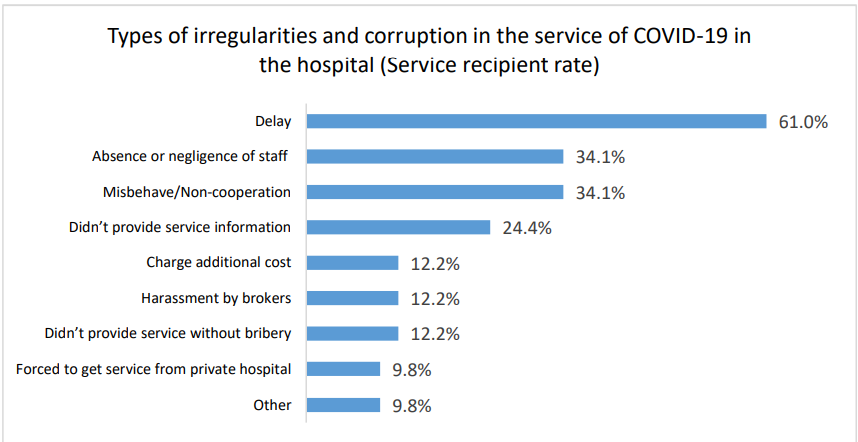
Highlighting the irregularities in receiving hospital services, the study said that 12.2 percent of service recipients paid additional charges ranging from BDT 400 to 10,000 at government hospitals. Besides, 61 percent of service recipients received delayed treatment, while 34 percent faced misbehaviour or non-cooperation from the hospital staff.
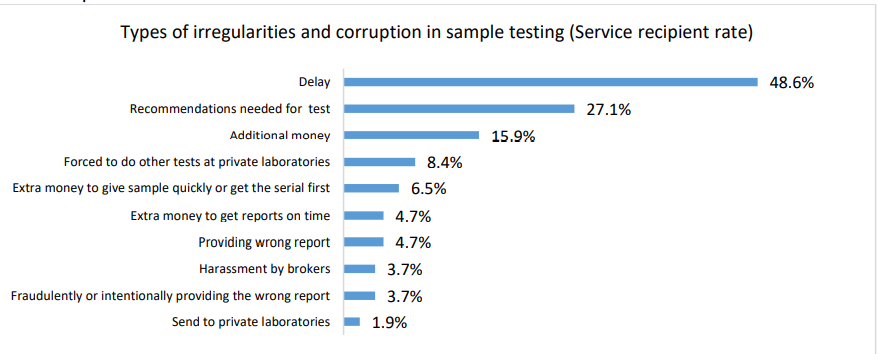
The study said service recipients had to pay an additional BDT 116 to 642 at government hospitals and BDT 4,425 at private hospitals on average for a sample test. In some cases, private hospitals compelled them to run additional tests.
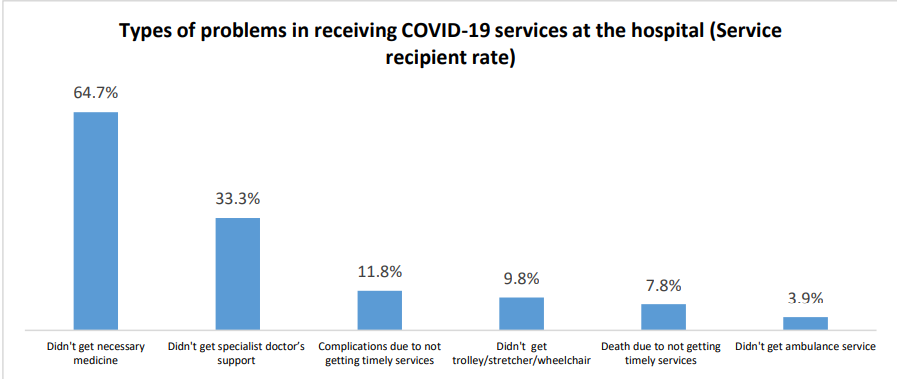
TIB conducted a mixed-method study between August 2021 to March 2022. Experience surveys of 1,850 service recipients from 44 districts over the phone; exit poll surveys of 4,015 vaccine recipients at 105 vaccine centres in 43 districts; phone survey of 425 cottage, small and medium entrepreneurs; interviews of 671 people from 48 marginalised communities in 43 districts; interviews of public health experts, and journalists; and the information and reports published on the websites of various government, non-government offices and the media (print and electronic) were used in the survey.
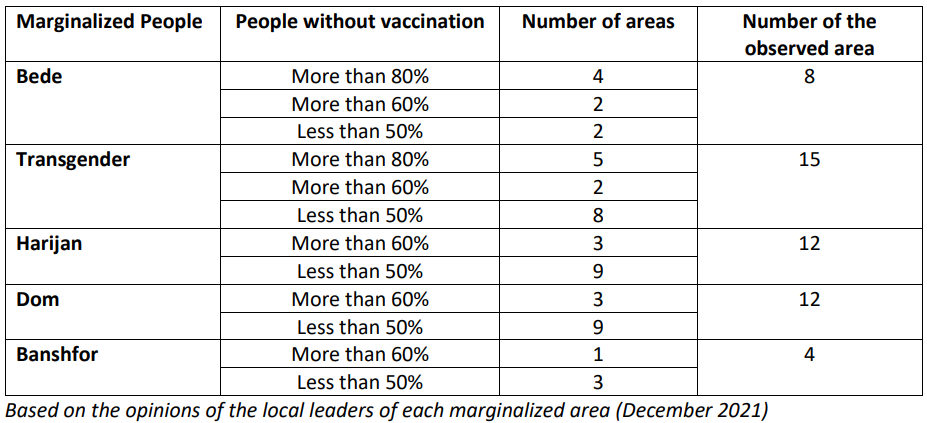
The study also highlighted the challenges of marginalised peoples’ access to vaccination and other discriminatory practices during the pandemic. It pointed out the unfortunate condition of the migrant workers while seeking health services and the lack of transparency in different govt. projects on COVID-19, and the poor condition and limitations of loans to cottage, small and medium entrepreneurs.
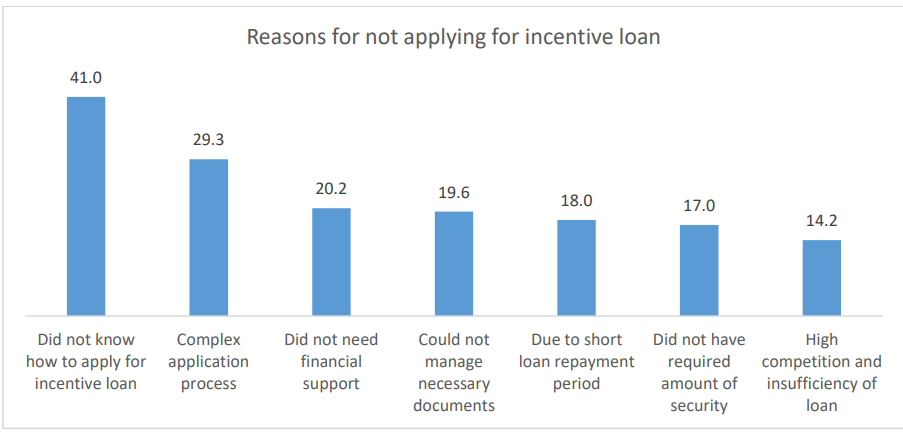
Speaking at the research release, TIB Executive Director Dr. Iftekharuzzaman said, “Bangladesh was somewhat successful in handling the pandemic but lacks in good governance indicators, especially in terms of inclusion and transparency.”
“The national vaccination plan was to reach every doorstep, including people in remote areas, ageing populations, disadvantaged groups and homeless communities. But in reality, there were no major steps to achieve that goal. Only 45 percent of marginalised populations have been vaccinated, far less than the national average of 75 percent, which is a matter of concern,” he added.
“Moreover, disadvantaged people faced discrimination, negligence and misbehaviour while getting vaccinated. We have also seen that the government did not take proper measures to increase awareness and inspire marginalised people to participate in vaccination drives,” said Dr. Zaman.
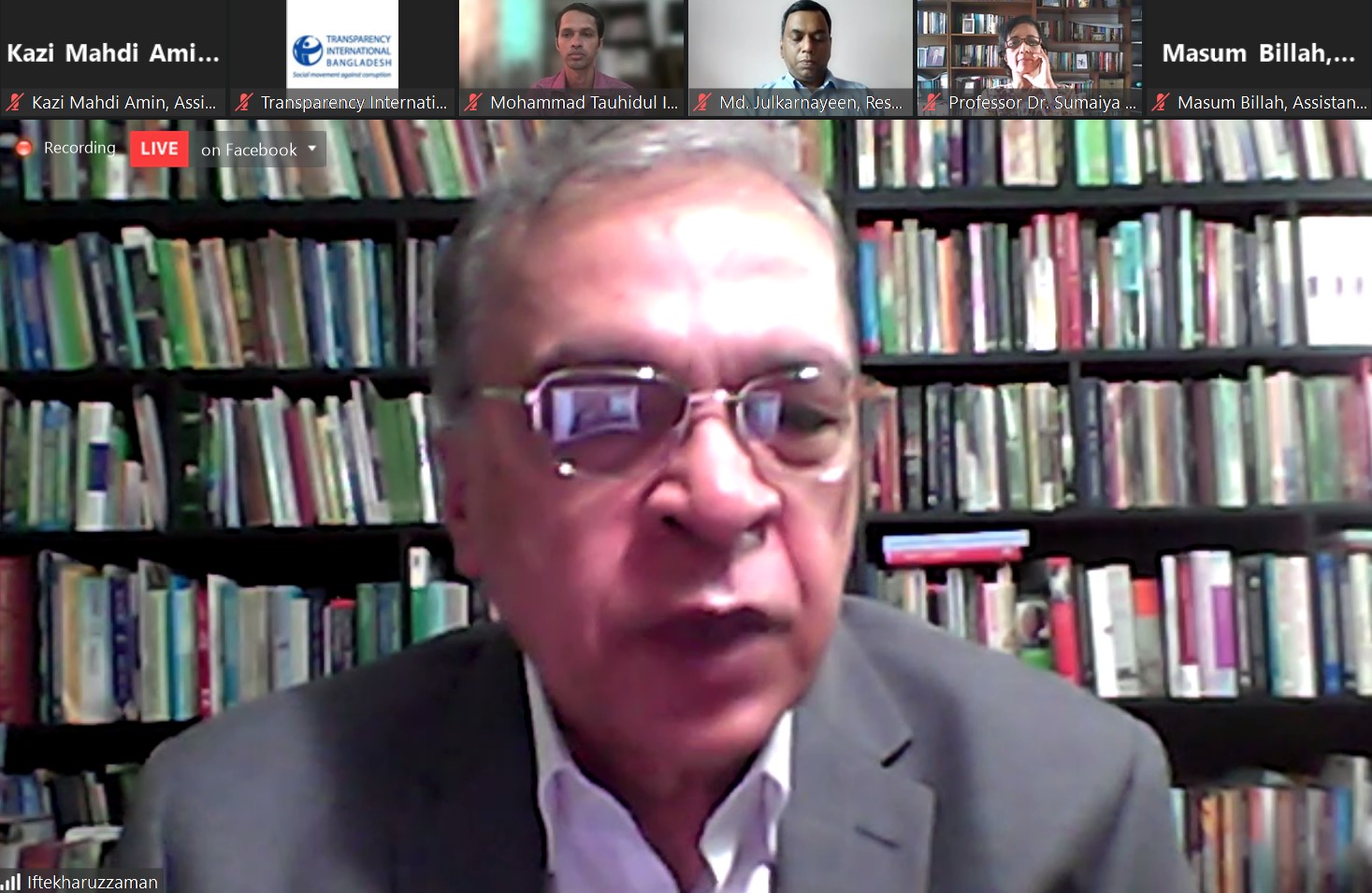
He also criticised the health minister for not disclosing the specific and detailed description of COVID-19 management cost to the public and for speaking in general about the issue.
"Analysing different reliable sources of information, we calculated that the overall costs of vaccination activities including its procurement should be in between BDT 13 thousand crore and 17 thousand crore (approximately), but the minister said it was BDT 40 thousand crore," he said adding, "This massive difference raises questions if the government is willfully resisting the disclosure of information on the cost to hide corruption and irregularities while continuing their culture of secrecy and blocking information.”
TIB also provided ten recommendations to overcome the challenges in COVID-19 management, which include – setting up ICU beds, RT-PCR laboratories and other infrastructure utilising the government and project fund to develop the COVID-19 medical facilities in each district; taking no charge for sample testing at government labs and minimising fees at private labs; ensuring vaccination of all the marginalised people as early as possible; simplifying the incentive loan application process for micro, small, and cottage industries; and making information regarding the source of vaccine, purchase price, distribution cost, stock and distribution, public.
Detailed documents of the research study can be found here - Governance Challenges in Tackling COVID-19 Crisis: Inclusion and Transparency - Transparency International Bangladesh (TIB) (ti-bangladesh.org)







